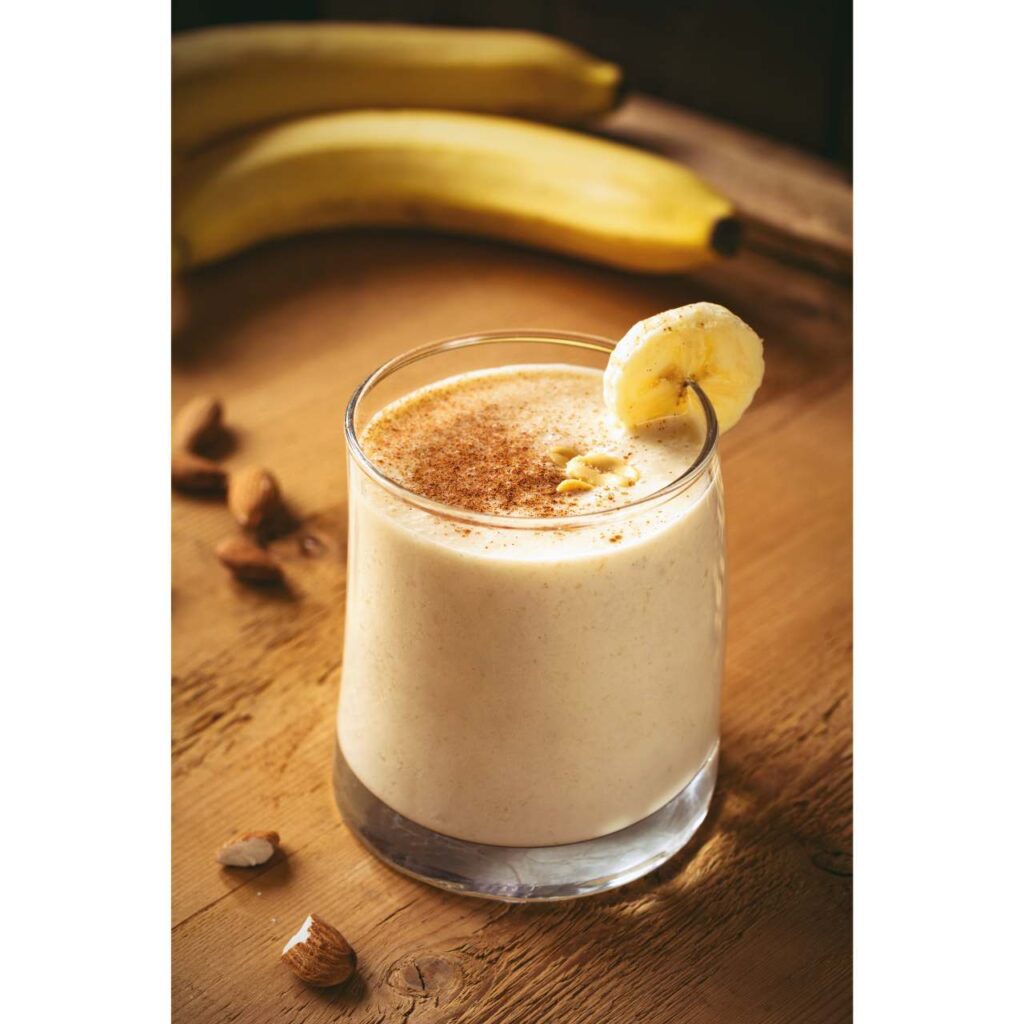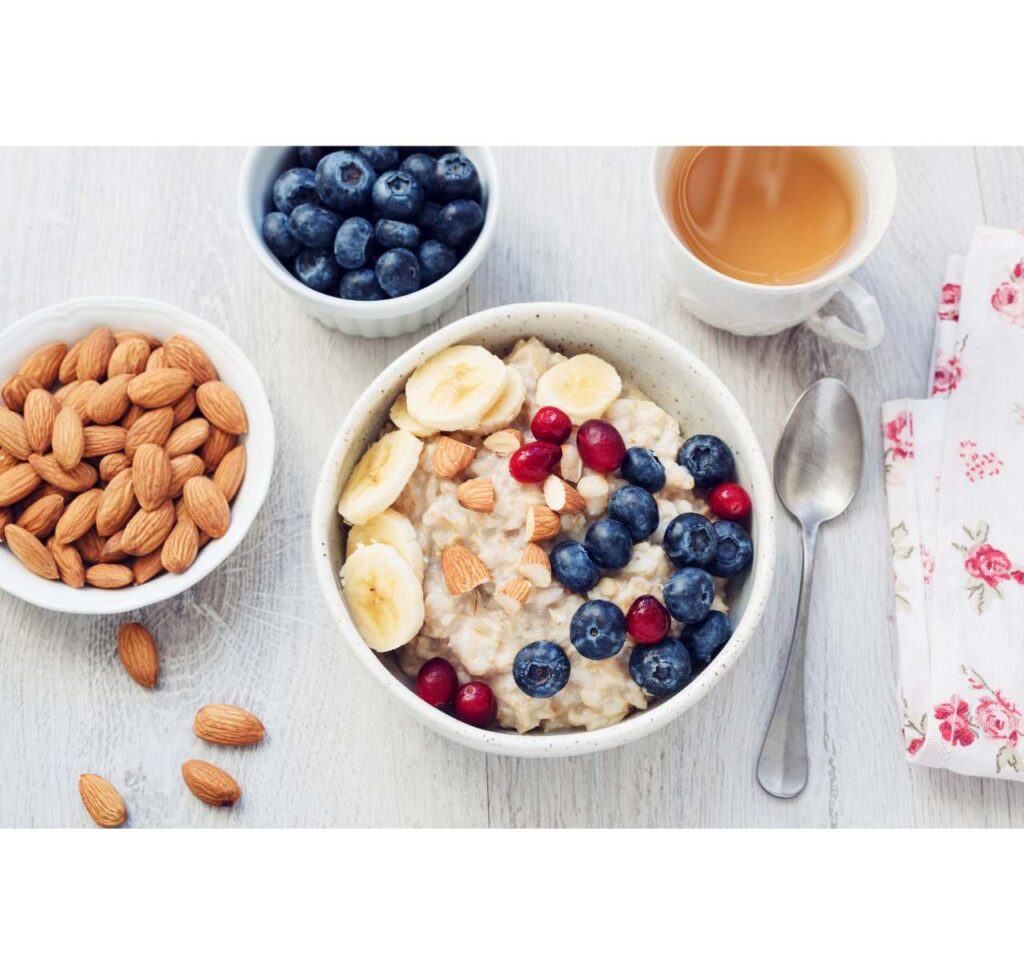A restful night’s sleep is essential for our overall well-being, yet many of us struggle to attain it. One often overlooked aspect of achieving quality sleep is our diet. What we consume before bedtime can significantly impact the quality of our rest. Here, we’ll explore five drinks and foods that can help you achieve a good night’s sleep, promoting relaxation and ensuring you wake up refreshed.
1. Chamomile Tea:
Chamomile tea has been revered for its calming properties for centuries. It contains an antioxidant called apigenin, which can bind to specific receptors in your brain, promoting sleepiness and reducing insomnia. Sipping on a warm cup of chamomile tea before bedtime can help you relax and drift off more easily.
2. Warm Milk:
You may have heard that warm milk can help with sleep, and there’s some truth to this age-old remedy. Milk contains tryptophan, an amino acid that can induce sleep by increasing the production of serotonin and melatonin, two hormones that regulate sleep. A glass of warm milk or a milk-based beverage can be soothing and contribute to a good night’s sleep.
3. Bananas:

Bananas are a nutritional powerhouse that can support sleep in multiple ways. They contain both magnesium and potassium, which serve as natural muscle relaxants. Additionally, bananas are a good source of tryptophan, as mentioned earlier. Incorporating bananas into your evening snack can help ease muscle tension and encourage rest.
4. Oatmeal:
Oats are not only a hearty and nutritious breakfast option but can also be an excellent choice for a bedtime snack. They have a low glycemic index, which means they won’t cause rapid spikes in blood sugar. Oatmeal can help stabilize blood sugar levels, preventing disturbances that might wake you up during the night.
5. Almonds:
Almonds are a nutrient-rich nut that contains magnesium and melatonin. Magnesium helps relax muscles and promotes sleep, while melatonin is a hormone that regulates the sleep-wake cycle. A small handful of almonds can provide these sleep-inducing nutrients, making them a healthy late-night snack option.
Incorporating these sleep-supportive foods and drinks into your evening routine can help you achieve a more peaceful and restorative night’s sleep. However, it’s important to remember that individual responses to these foods may vary. If sleep problems persist, it’s advisable to consult with a healthcare professional to address any underlying issues affecting your sleep quality. A balanced diet, regular exercise, and healthy sleep habits are all crucial components of a good night’s sleep and overall well-being.



















What do you think?
It is nice to know your opinion. Leave a comment.